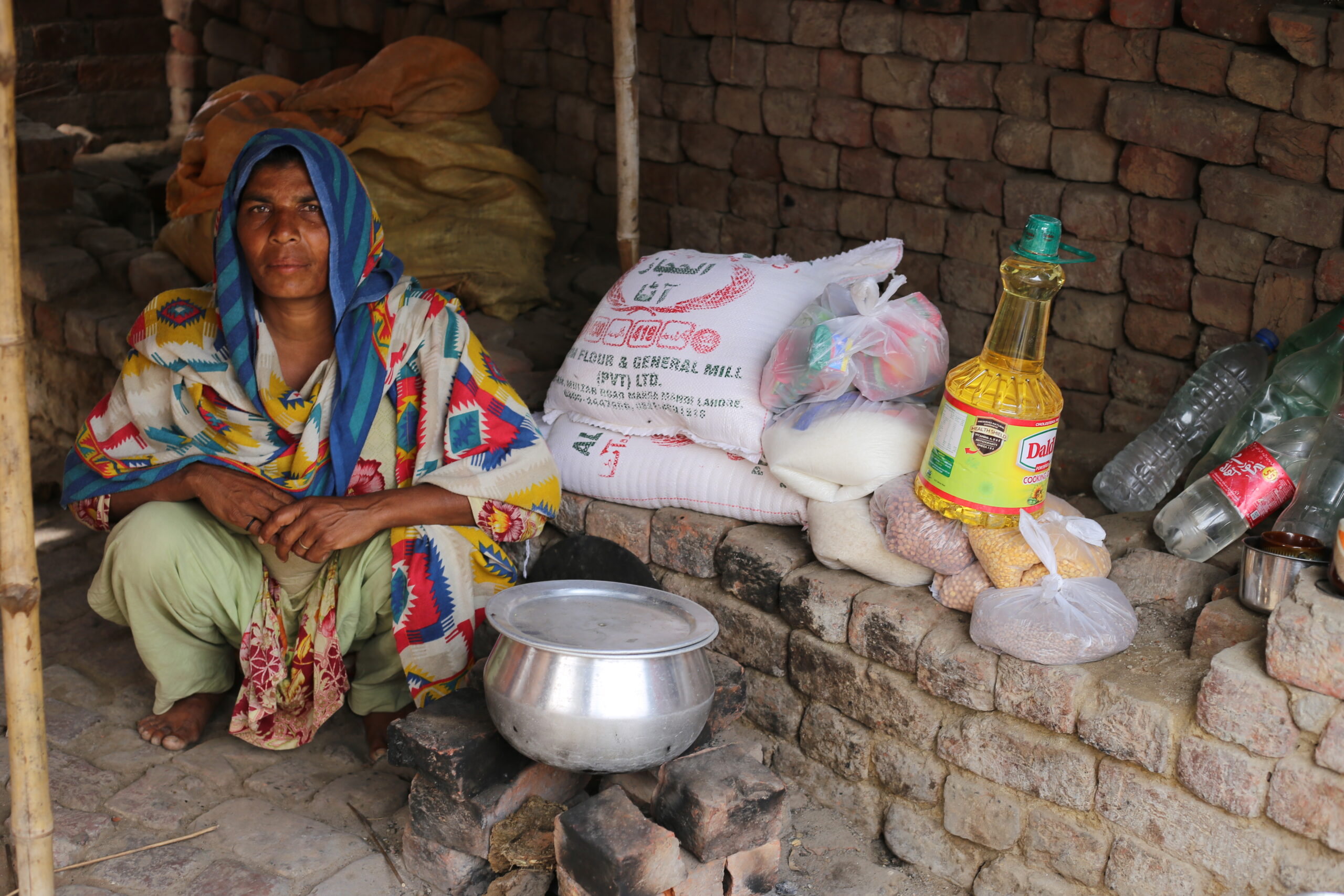Widows Welfare Project
The Widows Welfare Project is committed to making life better for Pakistan’s widows. To do this our team has done numerous home visits and seen widows in different troubling circumstances. To give you a perspective of what these women are facing we have listed two cases below:

Home visit to Zarina Bibi
Zarina Bibi is a poor widow who lives with her son. When our team visited her small home we found out that her residence lacked gas (she uses wood for cooking) and was infested with flies. Due to her poverty Zarina Bibi is unable to afford medical assistance although she has burnt skin, a withered hand, a cataract (she can only see out of one eye), difficulty in breathing and hearing problems.

Visit to Nasreen Nadeem
When our team visited Nasreen Bibi we found out that she and her family (consisting of two daughters and a son) were living in a tiny one room home. Although the house was unbelievably small (and had no gas or proper sewerage system) the rent for it was Rs 4000 monthly. Nasreen struggles to provide food and other necessities for her family. Her home also lacks basic appliances and her children do not have proper clothing.
